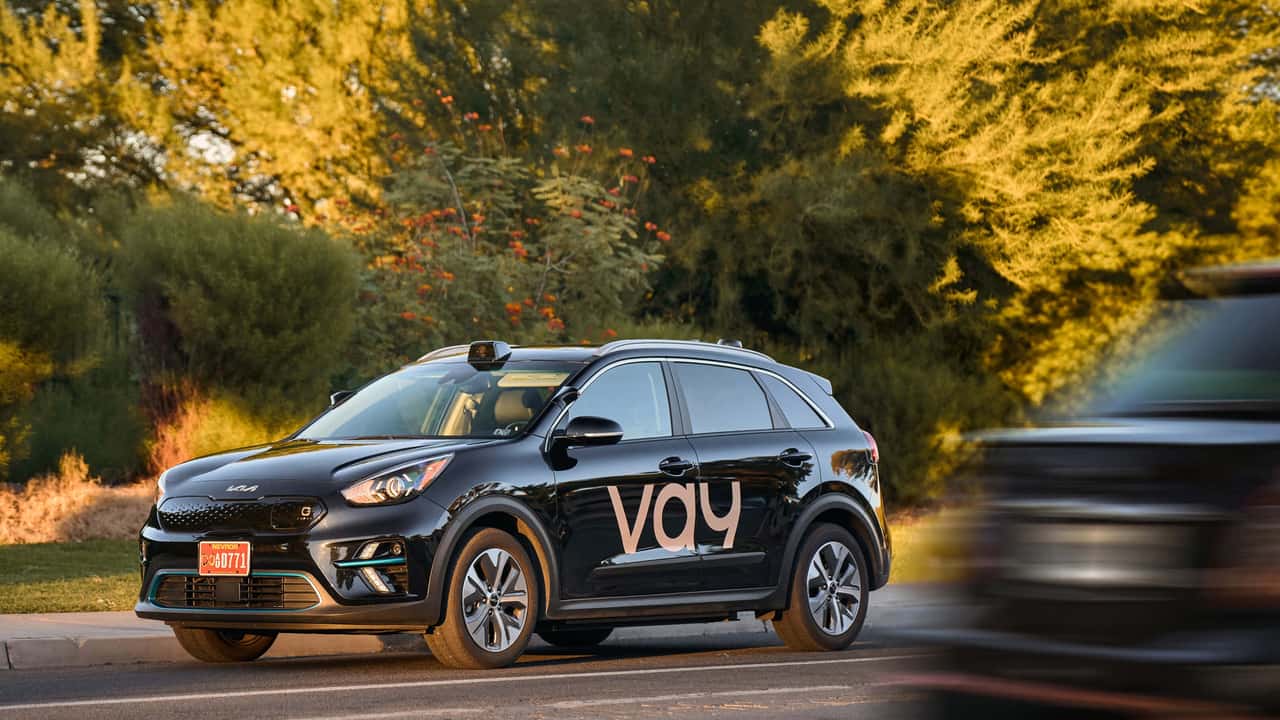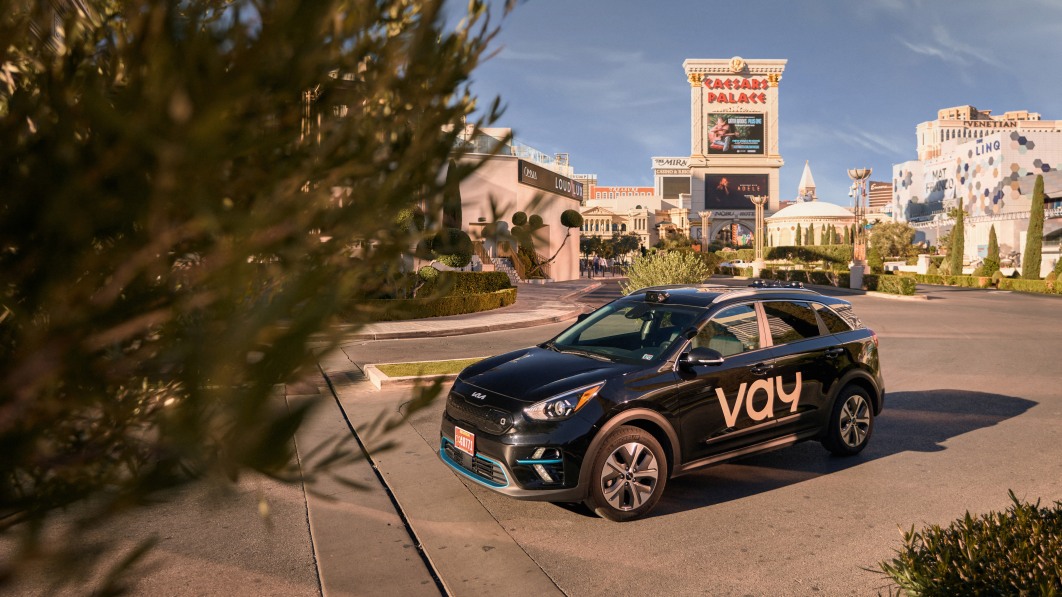Germany-based remote-driving startup Vay has unveiled its commercial services in Las Vegas, focusing on a unique model involving “teledrivers” who remotely deliver electric short-term rental cars to clients.
The clients then pick up the cars after the rental period, and the service is currently available in the University of Nevada Las Vegas vicinity and the city’s arts district. Unlike autonomous vehicles, Vay’s model relies on remote human drivers.
Vay’s CEO, Thomas von der Ohe, shared with Reuters that the first-quarter fleet size is expected to be in the “low double digits.” The startup has successfully raised approximately $110 million from investors, including notable names like Sweden’s Kinnevik KINVb.ST, Coatue, and France’s Eurazeo EURA.PA.

Vay has conducted tests on both European and U.S. roads with remote drivers and no physical presence behind the wheel. The long-term plan involves gradually introducing autonomous elements based on insights gathered from cameras mounted on its vehicles.
According to von der Ohe, this approach is more cost-effective compared to the lidar and radar technology commonly used by autonomous vehicle developers.
Vay envisions a future where human-machine interaction persists for one to two decades, with autonomous driving gradually integrated when ready for deployment.
However, the startup recognizes the ongoing need for teledrivers in certain driving scenarios. Vay is also exploring collaborations with automakers, particularly in the realm of remote valet and similar services.
Von der Ohe expressed an intriguing vision for the future, suggesting that equipping every car with teledriving capabilities could lead to on-demand tele-valet services, allowing teledrivers to park cars or assist in transporting individuals who may be unable to drive, such as those who have consumed alcohol.
It’s worth noting that Vay’s entry into the market coincides with challenging times for autonomous vehicle developers, as General Motors’ Cruise autonomous vehicle division faces regulatory scrutiny following an October accident in San Francisco, where a woman was dragged by a car.

